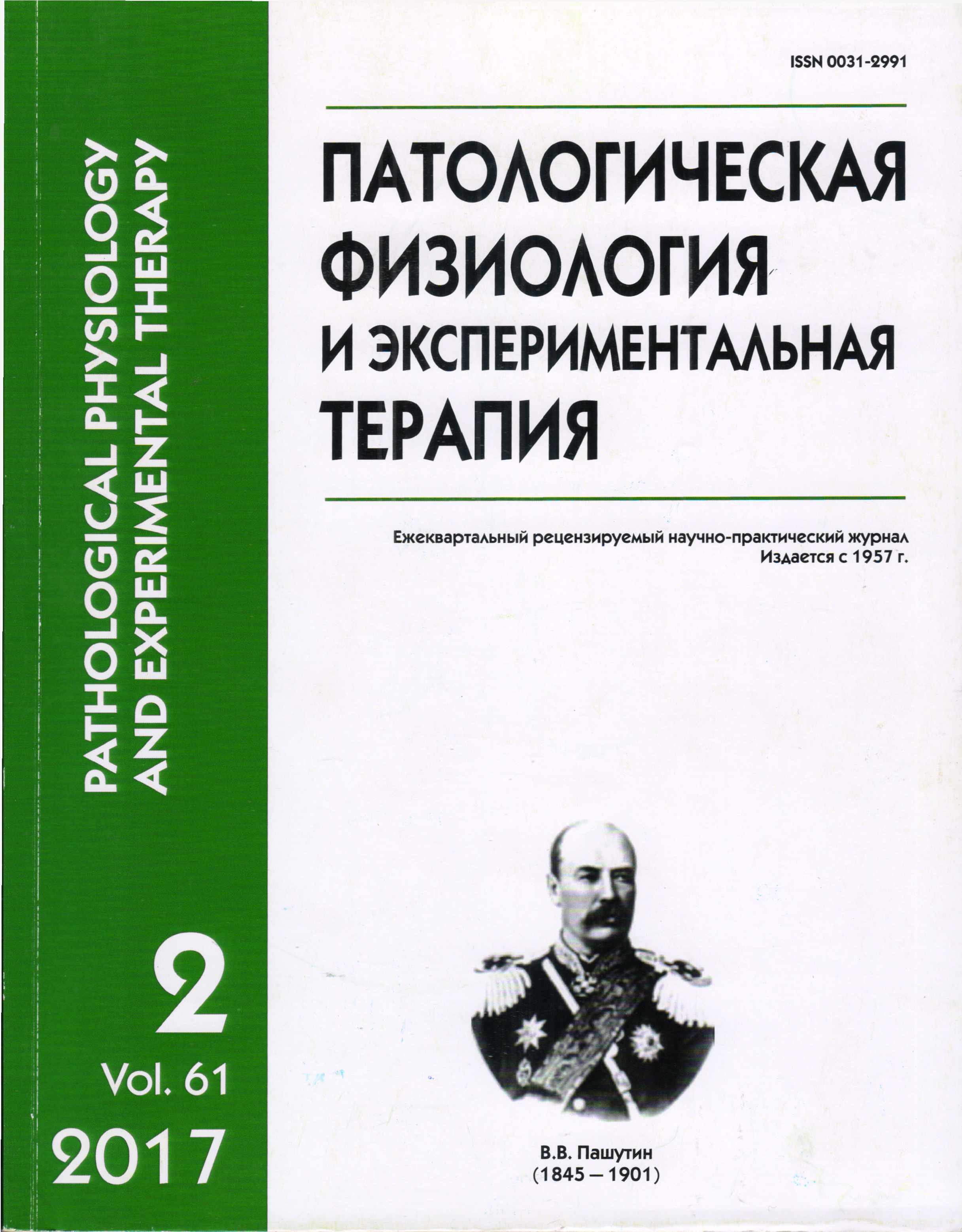Reprogrammed M1 macrophages with inhibited STAT3, STAT6 and/or SMAD3 extends lifespan of mice with experimental carcinoma
Abstract
Objective. Reprogramming of M1 macrophage phenotype with inhibited M2 phenotype transcription factors, such as STAT3, STAT6 and SMAD and assess their impact on the development of Ehrlich carcinoma (EC) in vitro and in vivo. Methods. Tumor growth in vitro was initiated by addition of EC cells in RPMI-1640 culture medium and in vivo by intraperitoneal of EC cell injection into mice. Results. It was found that M1 -STAT3/6- SMAD3 macrophages have a pronounced anti-tumor effect in vitro, and in vivo, which was greater than anti-tumor effects of M1, M1 -STAT 3/6 , M1 -SMAD3 macrophages and cisplatin. Conclusion. M1 macrophages with inhibited STAT3, STAT6 and/or SMAD3 effectively restrict tumor growth. The findings justify the development of new anti-tumor cell therapy technology.






